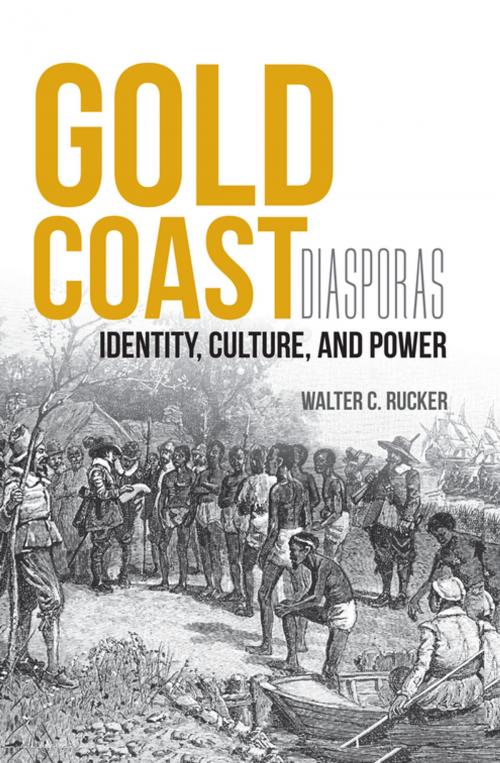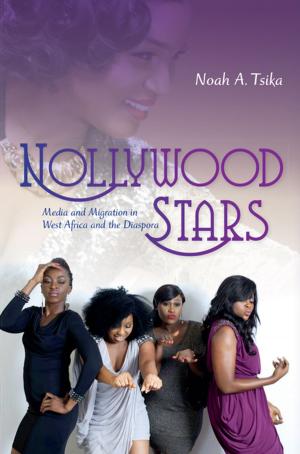Gold Coast Diasporas
Identity, Culture, and Power
Nonfiction, Social & Cultural Studies, Social Science, Cultural Studies, African-American Studies, History, Americas| Author: | Walter C. Rucker | ISBN: | 9780253017017 |
| Publisher: | Indiana University Press | Publication: | September 28, 2015 |
| Imprint: | Indiana University Press | Language: | English |
| Author: | Walter C. Rucker |
| ISBN: | 9780253017017 |
| Publisher: | Indiana University Press |
| Publication: | September 28, 2015 |
| Imprint: | Indiana University Press |
| Language: | English |
Although they came from distinct polities and peoples who spoke different languages, slaves from the African Gold Coast were collectively identified by Europeans as "Coromantee" or "Mina." Why these ethnic labels were embraced and how they were utilized by enslaved Africans to develop new group identities is the subject of Walter C. Rucker’s absorbing study. Rucker examines the social and political factors that contributed to the creation of New World ethnic identities and assesses the ways displaced Gold Coast Africans used familiar ideas about power as a means of understanding, defining, and resisting oppression. He explains how performing Coromantee and Mina identity involved a common set of concerns and the creation of the ideological weapons necessary to resist the slavocracy. These weapons included obeah powders, charms, and potions; the evolution of "peasant" consciousness and the ennoblement of common people; increasingly aggressive displays of masculinity; and the empowerment of women as leaders, spiritualists, and warriors, all of which marked sharp breaks or reformulations of patterns in their Gold Coast past.
Although they came from distinct polities and peoples who spoke different languages, slaves from the African Gold Coast were collectively identified by Europeans as "Coromantee" or "Mina." Why these ethnic labels were embraced and how they were utilized by enslaved Africans to develop new group identities is the subject of Walter C. Rucker’s absorbing study. Rucker examines the social and political factors that contributed to the creation of New World ethnic identities and assesses the ways displaced Gold Coast Africans used familiar ideas about power as a means of understanding, defining, and resisting oppression. He explains how performing Coromantee and Mina identity involved a common set of concerns and the creation of the ideological weapons necessary to resist the slavocracy. These weapons included obeah powders, charms, and potions; the evolution of "peasant" consciousness and the ennoblement of common people; increasingly aggressive displays of masculinity; and the empowerment of women as leaders, spiritualists, and warriors, all of which marked sharp breaks or reformulations of patterns in their Gold Coast past.















